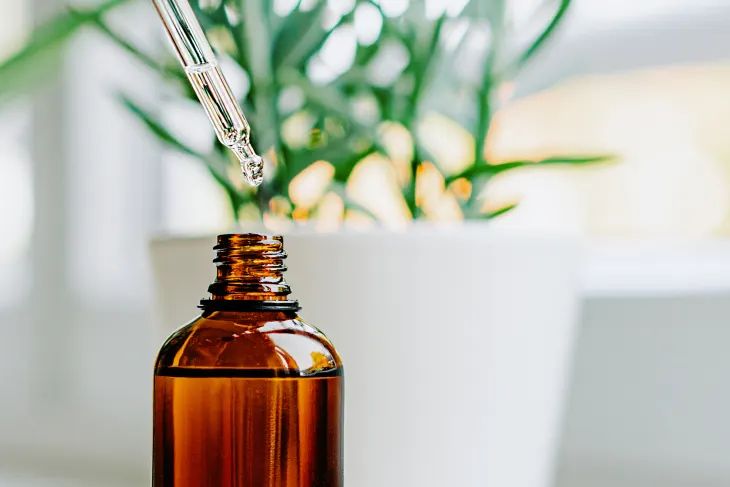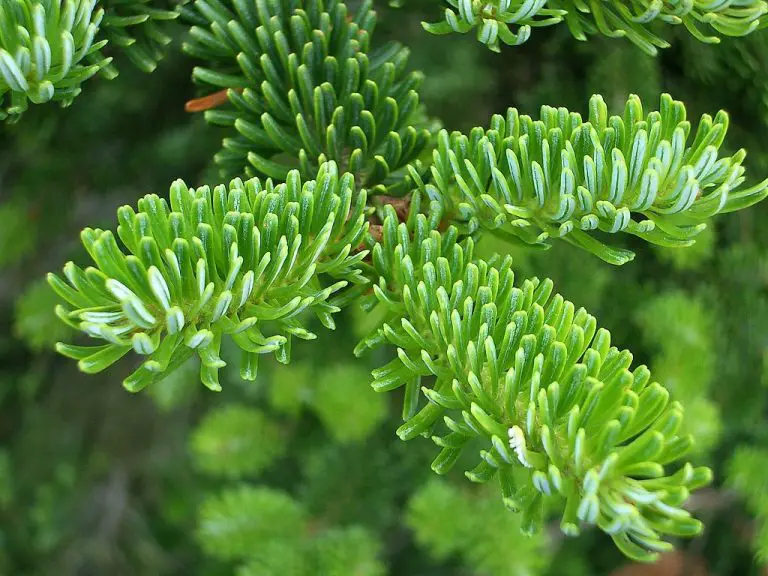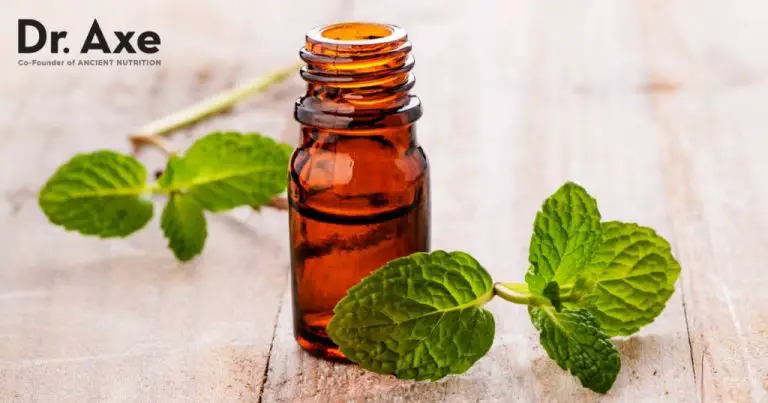Why Do Some People Like The Smell Of Patchouli?
Patchouli is an aromatic herb in the mint family with a long history of use. Its distinct earthy, musky scent comes from the oil extracted from its leaves (The Fascinating History of Patchouli). Originating in tropical Asia, patchouli has been used for centuries in traditional medicine and perfumery (History & Benefits of Patchouli Essential Oil). The essential oil’s rich, sensual fragrance is evocative of the exotic East and has both feminine and masculine qualities. Modern perfumers continue to value patchouli oil for its ability to blend well with other scents and enhance their staying power. Though an acquired taste for some, patchouli’s distinctive earthy aroma has an enduring appeal.
Origins and Traditional Uses
Patchouli originates from tropical regions of Asia, including India, Malaysia, Indonesia, China, and the Philippines. The name comes from the Tamil words “patchai” meaning green and “ellai” meaning leaf (https://www.cliganic.com/blogs/the-essentials/patchouli-essential-oil). For centuries, patchouli has been used in perfumes, incense, and traditional herbal medicine in its native regions. The essential oil was an important trade item along the spice routes from Asia to Europe (https://emsherbals.com/products/patchouli-pogostemon-cablin-essential-oil).
In the 1960s, patchouli became strongly associated with the hippie culture and anti-establishment movements in America and Europe. Hippies used patchouli oil not just for its exotic fragrance but also as a natural insect and bug repellent. The distinctive scent marked the generation’s values of natural living and rejection of mainstream consumerism (https://www.luminescents.net/shop/herbal/herbal-infusions/single-herbal-infusions/patchouli-leaves-rubbed/).
Scent Profile
Patchouli has an earthy, musky aroma that is often described as exotic and distinct. The oil has a rich, herbaceous scent profile with woody undertones. Some describe it as reminiscent of wet soil or the forest floor. Unlike many essential oils, patchouli’s scent is said to improve with age. As the oil oxidizes and matures, the heavy base notes give way to a smoother, more well-rounded fragrance. This allows the sweet, balsamic nuances to emerge and harmonize with the deep, musky earthiness.
For some, the raw scent of patchouli evokes the great outdoors and nature. It conjures up imagery of fresh air, green gardens, and wandering through the woods. The rich essence encapsulates the smell of the forest after a heavy rain. Others may find the unrefined, dirty aroma of patchouli to be reminiscent of the 1960s counterculture movement and dressed-down, bohemian styles. The musky odor serves as a olfactory reminder of a more carefree and uninhibited era. Regardless of personal perception and taste, patchouli’s strong, primitive smell is far from subtle, fading into the background. The distinctive aroma makes its presence known.
Science of Smell
The sense of smell is complex and highly individualized. When scent molecules reach the nose, they bind to specialized receptor cells. Signals are then sent to the olfactory bulb in the brain, which processes the scent information and determines how we perceive the smell.
Scents get routed through the limbic system, the part of the brain responsible for emotion and memory. This close linkage is why certain smells can spark vivid memories and feelings from the past[1]. The memories evoked are often highly personal.
Because we all have slight differences in our olfactory receptor cells, people can perceive the same scent in very different ways. Genetics, age, gender, life experiences, and cultural background all shape individual scent preferences. This diversity is part of what makes smell and memory so intimate.
Soothing and Grounding Effect
Patchouli oil is known for its soothing and grounding properties. When inhaled, patchouli oil helps activate the release of serotonin and dopamine in the brain, which are hormones associated with promoting positive emotions and feelings of pleasure and relaxation.
One study found that inhaling patchouli oil for 5 minutes significantly decreased heart rate and blood pressure, indicating a calming effect [1]. The oil’s natural sedative and anti-anxiety properties can help balance emotions, ease anxiety and depression, and promote feeling grounded and present.
Patchouli oil contains compounds like alpha patchoulene and beta patchoulene that are thought to contribute to its stress-relieving qualities. By inhaling patchouli or using it in aromatherapy, many find it helps soothe nerves, reduce obsessive thoughts, and promote an overall sense of calm.
Natural and Earthy Appeal
The earthy, herbal scent of patchouli is often associated with natural living and natural environments. The raw, unrefined quality of patchouli oil evokes connections to nature, with its rich, mossy, and slightly woody aroma. For many people, patchouli is reminiscent of the great outdoors, camping, hiking, and being surrounded by plants and trees. It conjures up imagery of meandering through the forest or smelling fresh herbs in an overgrown garden. According to one source, “Hippies preferred using products containing natural raw materials over artificial scents, which is why patchouli oil gained popularity as it gave out the aroma of earth and soil.”1 The scent provides a sensory experience transporting the wearer to the calming embrace of Mother Nature.

Nostalgic and Sentimental Factor
The scent of patchouli is well-known for triggering nostalgic memories and reminding people of meaningful past experiences. This is due to the close connection between our sense of smell and the emotional center of the brain.
According to research, smells get processed by the brain’s limbic system, which also handles memory and emotion. This causes scents to forge strong links in our minds between memories and the feelings associated with them.1
The rich, musky aroma of patchouli can transport people back to the late 1960s and early ’70s, when the scent became ubiquitous thanks to the hippie movement. For those who lived through that era, patchouli may spark nostalgic memories of incense, concerts, protests, and embracing peace and love.2
On an individual level, the scent of patchouli can remind someone of a meaningful experience, relationship, or chapter in their life. Scientists call these “odor-evoked autobiographical memories.”3 A whiff of patchouli’s earthy aroma may bring back emotions and sensations connected to a fond memory from the past.
Romantic and Exotic Associations
Patchouli is widely used in perfumes to convey romance or mystery. Its earthy, musky aroma evokes faraway places and cultures. According to Fashionista, patchouli is one of the top notes experts recommend for romantic fragrances, along with amber, musk, and vanilla.1 The scent is known for having an exotic allure that conjures up images of passion. Alpha Aromatics notes that patchouli is included in many of the most romantic perfumes that inspire attraction.2 The rich, sensual fragrance transports the mind to far-flung destinations.
Aesthetic and Creative Appeal
Patchouli has long been associated with artists, musicians, and free spirits. During the hippie era of the 1960s and 1970s, patchouli oil became popular within the counterculture as a symbol of uniqueness and creativity. Many artists, writers, and musicians wore patchouli oil as a way to broadcast their alternative values and nonconformist identities (Source).
The strong, earthy aroma of patchouli was used by creative communities to mask the smell of smoke and body odor. But beyond practical uses, it also represented the free, artistic spirit of the time (Source). Even today, patchouli retains associations with individuality, bohemian lifestyles, and creative expression.
Conclusion
In summary, patchouli has enjoyed enduring appeal for a variety of reasons. With its origins in ancient Asia, patchouli’s spicy, musky, earthy scent first gained popularity in the West through the silk trade. Its ability to mask unpleasant odors led to widespread use until synthetic fragrances displaced natural ingredients. The hippie movement revived patchouli’s appeal due to its associations with nature, anti-materialism, and exoticism. While some find its scent overpowering today, many still enjoy patchouli for its evocative, nostalgic, romantic, and soothing properties. The enduring fascination with patchouli highlights the highly subjective nature of scent perception and personal preferences. Not everyone will appreciate patchouli’s earthy aroma, but its longevity proves certain scents maintain an exotic, sentimental appeal despite changing tastes and trends.





